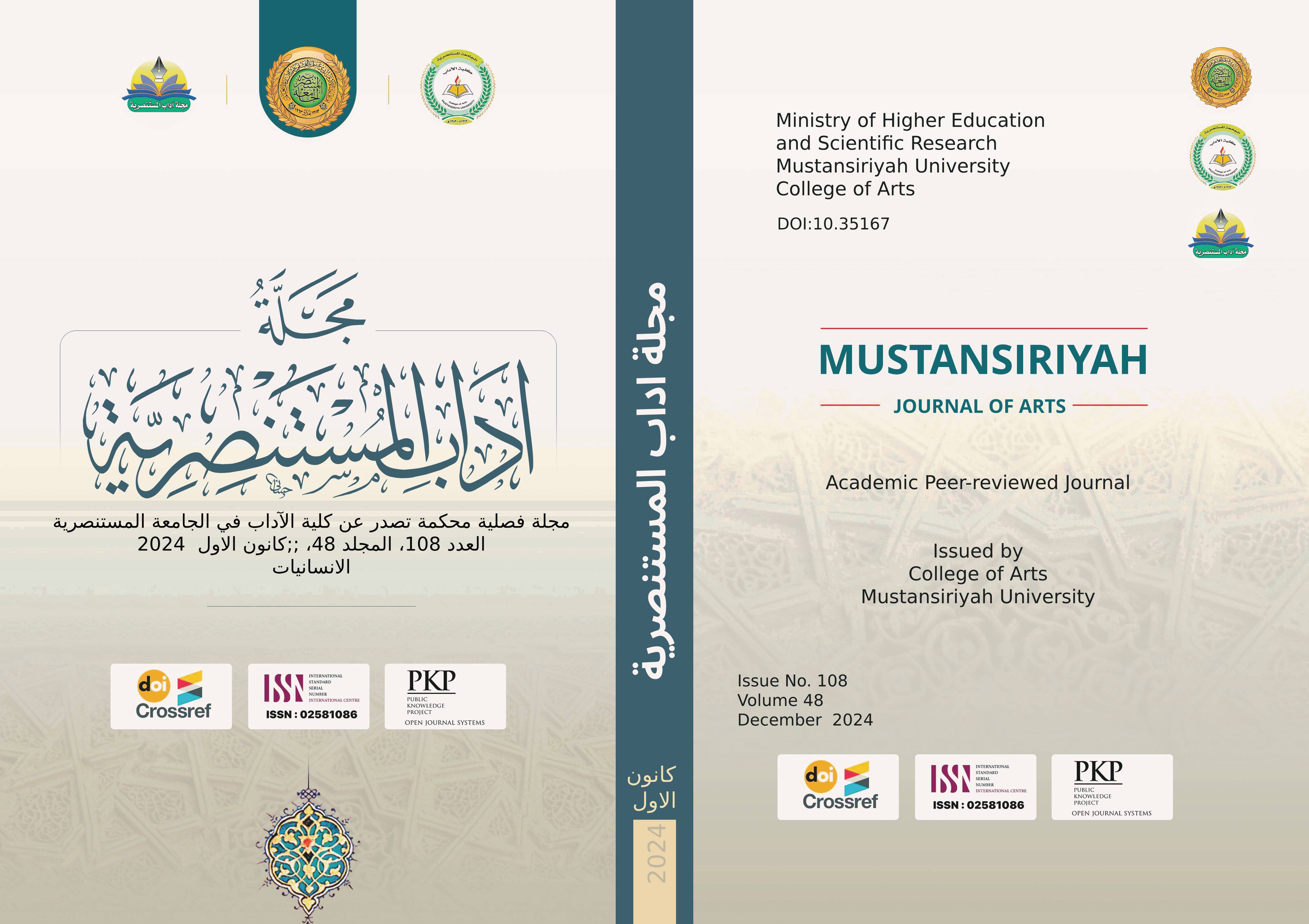The Role of the Gezira Project in Economic Development in Sudan: A Historical Study." 1911-1976
Abstract
The Gezira Project is regarded as one of the most prominent agricultural irrigation projects that laid the foundation of the Sudanese economy, becoming a key pillar in establishing the country’s economic infrastructure. It served as a vital resource, supplying both the domestic and global markets with essential materials needed for the food industries, which have impacted the lives of Sudanese citizens since 1911.
This study highlights the major challenges faced by the British administration that initially hindered the project's implementation and examines its stages of development from 1911 to 1976. It also assesses the economic and social benefits provided to the Sudanese people following the project’s success in the region between the Nile and Blue Nile rivers. Specifically, the project aimed to achieve comprehensive economic development by relying on available water resources and labor. This initiative created numerous job opportunities for Sudanese citizens and contributed to an increase in the gross national income
Downloads
Published
Issue
Section
License

This work is licensed under a Creative Commons Attribution-ShareAlike 4.0 International License.


